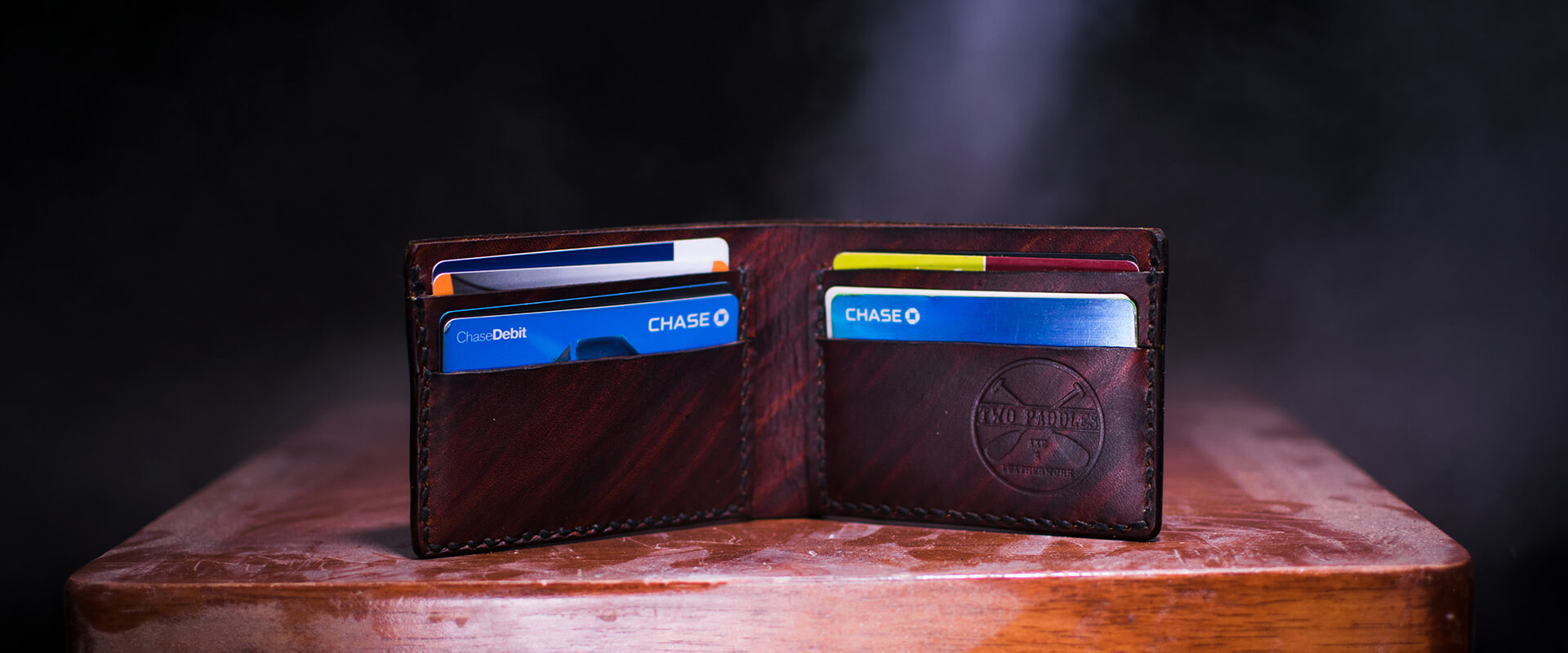
Paying the Minimum on Your Credit Cards
When you're faced with a credit card bill, it's tempting to just pay the minimum amount due and move on. After all, it seems like a manageable way to stay on top of your payments without straining your budget.
But consistently paying only the minimum comes with serious long-term consequences… Consequences that can crush both your finances AND your credit score.
What Happens When You Pay the Minimum on Your Credit Cards
1. It Kills Your Credit Score
Your credit score is a key factor in your financial health. It’s crucial to your ability to borrow money, secure mortgages, or even rent an apartment. When you only pay the minimum, you’re leaving a large balance on your credit card, which increases your credit utilization ratio.
Credit utilization is the percentage of your available credit that you're using.
Ideally, you want to keep this ratio below 30%. But when you're only paying off the minimum, your balance stays high. A high utilization ratio signals to lenders that you might be over-reliant on credit, which can cause your credit score to drop. Simply put, a high utilization ratio shows potential lenders (including credit card companies like Chase, American Express and Citibank) that you’re struggling to pay back money you owe.
Over time, this will make it harder to qualify for new credit cards, loans, or even affect the interest rates you receive on financial products.
2. It Costs You More in Interest Payments… A Lot More!
Credit card companies typically charge (insanely) high interest rates — often around 18% to 25%. When you only pay the minimum, the rest of your balance accrues interest. So the next month, you're charged interest not just on your original balance… but on the accumulated interest as well.
This is known as “compound interest,” and it can quickly inflate your debt. Sometimes to unmanageable levels.
Check out this example:
Let’s say you have a balance of $5,000 at an interest rate of 18%. If you only make the minimum payment of $100 each month, it could take you over 20 years to pay off that debt. And you'd end up paying more than $7,000 in interest alone!
That’s more than the original amount you owed!!!
3. You Stay in Debt Longer
By only paying the minimum, you're essentially dragging out your debt repayment. Instead of making meaningful progress toward paying off your balance, you're only chipping away at the interest.
This creates a debt cycle that's difficult to escape. That’s because each month you owe more and more in interest.
Not only is this stressful, but it also ties up your money for future goals – like saving for a home, vacation, or emergency fund – because so much of your income is being funneled into credit card payments.
4. You Have A Higher Risk of Missed Payments
Because the interest keeps piling up, your minimum payment will increase as your balance grows. If your financial situation changes – such as a sudden job loss or unexpected expenses – it may become harder to keep up with those growing minimum payments. Missed or late payments can lead to late fees and penalty interest rates, which further compound your financial troubles.
Here’s what else you have to worry about:
Late payments are reported to credit bureaus, and they can significantly damage your credit score for up to seven years. That can effectively tank your dream of playing the credit card points game.
What’s The Right Play For Your Credit Card Payments?
If you’re already steeped in credit card debt, spend every last dollar of disposable income you have to pay off your balance. That means no more eating out or going on vacations until you’ve eliminated your debt.
As part of this strategy, you should create a personal budget. Knowing where your money is going each month can help you manage your spending and keep your credit card usage under control.
Bottom Line: Credit Card Minimum Payments
By making more than just the minimum payment on your credit card, you're taking charge of your financial future—improving your credit score, saving money on interest, and reducing the amount of time you spend in debt. It’s a strategy that pays off in the long run.
You might also consider a balance Transfer. If you’re struggling with high-interest credit card debt, a balance transfer to a card with a lower interest rate might help you pay off your balance faster.
By making more than just the minimum payment on your credit card, you're taking charge of your financial future—improving your credit score, saving money on interest, and reducing the amount of time you spend in debt. It’s a strategy that pays off in the long run.


